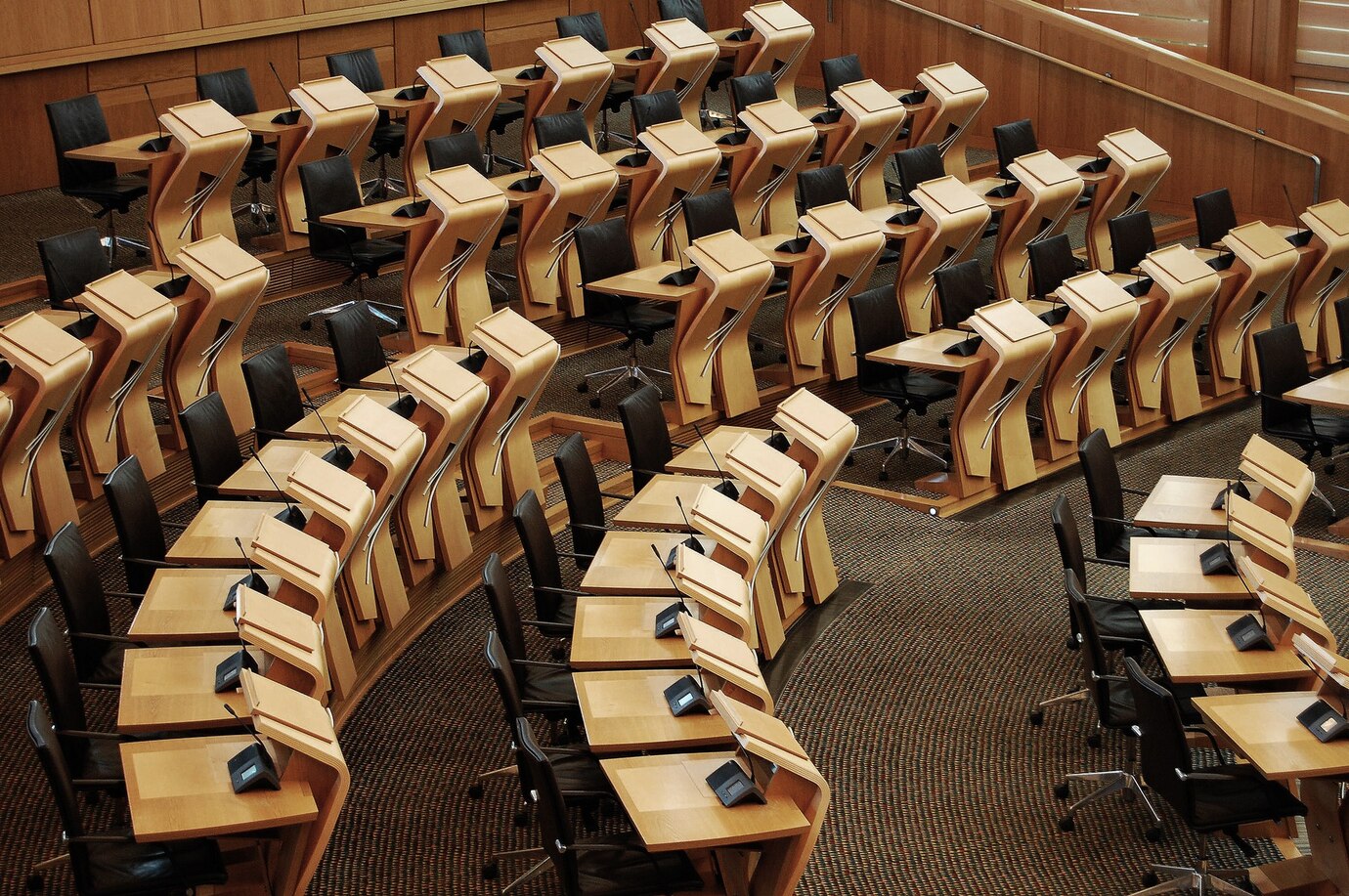By Lydia Chatzopoulou,
Why do people follow and cheer for populists one year and demand technocrats in the next election? Why does fear—not facts—so often win elections? At the intersection of political psychology, general psychology, and political science lies the study of human behavior, mental processes, and the impact of social dynamics on decision-making. Terms like propaganda, fake news, and post-truth are now fixtures in modern political discussions. Yet, deception and manipulation in politics are far from new. Psychology is no longer the hidden machine of politics—it’s the main engine, fueled by mass and social media.
Throughout history, political figures have used persuasive speeches, offered strategic incentives, obstructed decision-making, and concealed information. These tactics are often justified as necessary for protecting national interests or maintaining security. At other times, they are deployed purely for political gain—whether to damage an opponent’s reputation or to construct a favorable image that appeals to voters and strengthens party loyalty.
In politics, techniques rooted in dark psychology are frequently used to influence public perception, rally support, and achieve electoral success. Politicians and parties rely on fear, persuasive strategies, deception, and the exploitation of cognitive biases to advance their agendas. By understanding how dark psychology works, they can manipulate psychological vulnerabilities and steer public opinion in their favor.

Analyzing this phenomenon further, one of the key tools in this process is fear. But why fear? Politicians tend to influence and lure people into their strategies by highlighting potential threats, fostering a sense of crisis, and steering public behavior toward their desired outcomes. The art of persuasion, as it is called, is the main drive behind the strategies most used by politicians. Very careful, step-by-step crafted speeches attract people’s emotions and long-term beliefs, designed to alter opinions and influence political behavior.
A chilling example comes from World War II. Hitler’s propaganda apparatus remains one of the most studied cases of media-driven manipulation. The Nazis harnessed the power of radio and loudspeakers to broadcast their messages, while strict censorship silenced dissent. Even today, media remains a powerful tool for spreading false or misleading information and shaping public perception.

Another main factor in our debate? The illusion of choice. In democratic systems, citizens seem to have a wide array of candidates and parties. However, this perception can be distorted by media influence, narrative management, and campaign financing. Through these powerful actors can shape how the public views certain candidates. As a result, they narrow the range of ”viable” options, subtly steering electoral outcomes. We see this in the influence of media oligarchies in countries like Italy and Hungary, or in the so-called ”managed democracy” of Hong Kong.
Some argue that psychological manipulation undermines the core values of democracy and ethical leadership. Others believe it is an unavoidable tactic, necessary in the competitive realm of politics. It’s crucial to understand that in the political field—just like the others—such phenomena are normal, since without them there would be no communication or any deeper political change. Truth and politics have always—and historically—shared a complicated and uneasy relationship. Throughout history, falsehoods—whether labeled as persuasion, spin, or propaganda—have shaped political narratives. Today, however, the scale and speed of misinformation have grown dramatically, overwhelming societies and challenging their ability to distinguish fact from fiction.
In conclusion, psychology provides helpful and valuable insights into how identity, and decision-making influence political behavior. It basically sheds light on how emotions, personal gains and values and ideological beliefs influence people’s political views and actions. Recognizing the manipulative aspects of politics, societies must foster a more fair and accountable political system. When citizens uphold democratic values, and demand transparency from their leaders, it becomes possible to resist manipulation and build a more honest, inclusive, and principled political environment.
References
- The Relevance of Psychology to Political Science: Insights and Applications. ListenHard. Available here
- The Dark Side of Politics: Exploring Dark Psychology in Political Manipulation. Christophe Garon. Available here
- Why and How Do Leaders Manipulate the Truth? Foreign Analysis. Available here




